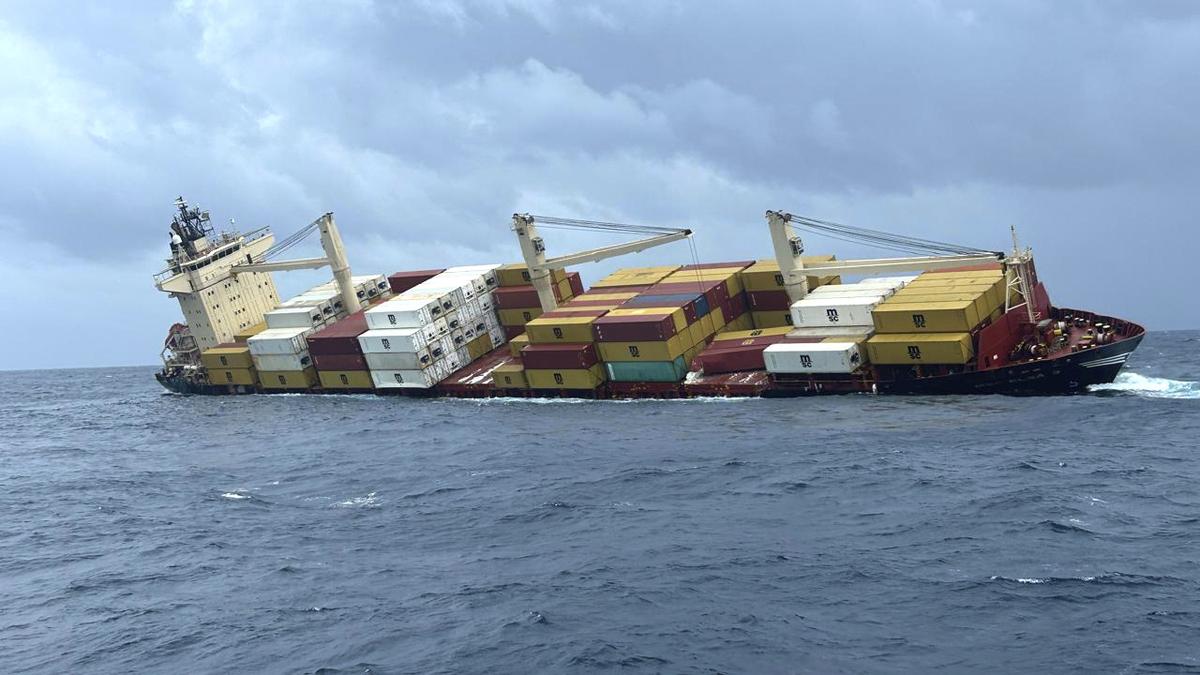ARTICLE AD BOX
India’s Armed Forces must maintain a balance of manned and unmanned systems to win wars and this includes the integration of long-range and heavy-caliber weapons, as well as drones and aircraft capable of delivering long-range missiles, Indian Air Force Chief Air Chief Marshal AP Singh said Friday.
He also said that the Armed Forces had clear objectives and were able to operate without any restriction during Operation Sindoor. There was jointness among the three services and Pakistan suffered extensive damage to infrastructure, including radars, control and coordination centres, hangars, and aircraft, he said.
Emphasising this point during his address at the Air Force Association Annual General meeting, he highlighted the effectiveness of drones in Operation Sindoor, noting that their deployment was beneficial in saturating a system.
He said that when many drones operate together, saturation occurs, but winning a war cannot rely solely on drones. He said the Indian forces must possess long-range capabilities, heavy-caliber weapons, and aircraft that can deliver long-range missiles, adding that a happy mix of manned and unmanned systems.
He reiterated that the S-400 missile systems turned out to be a game-changer in Operation Sindoor. The long-range radars and missile systems could threaten enemy aircraft well inside their own territory, he said.
“Their range was more than the range of their weapons, so they could never even come up to the weapon release range without being threatened, and those who came had to face damage. So, this was a game-changer,” he said.
He further said the weapons and systems used in Operation Sindoor were acquired very recently.
Story continues below this ad
“Most of them were indigenous, either made in India or integrated by us. I hope this trend will continue. We were given terrorist targets, and we struck them accurately. When our enemies refused to stop the war and attempted to attack us, we struck them hard. Many of their bases were damaged. A significant portion of their infrastructure, including radars, control and coordination centres, hangars, and aircraft, suffered extensive damage,” he added.
He elaborated that Pakistan had not closed some of its airfields and the airspace.
“Their civil aircraft were landing and taking off over Lahore. So if we had not thought about it at that time, then maybe many people could have lost their lives,” he said, adding that under the cover of those aircraft blips, Pakistan also made some of their attack drones take off.
“So, all these inputs were coming to us. But we had decided that no matter what happens, we should not harm any such aircraft, even by chance, in which there are civilians or any other non-military personnel.”
Story continues below this ad
On the ongoing global conflicts, he said no one is thinking about conflict termination.
“Our objective was anti-terrorism. We had to strike them. We had done that. So if our objectives have been met, then why should we not terminate a conflict? Why should we carry on? Because any conflict has a lot of price which has to be paid,” he said, it would affect India’s preparedness for the next war, the economy, and the progress of the country.
“So, I think this is what the world is forgetting. They do not know what our target was when we started the war. Now their goal post is shifting. Egos are coming in between. And this is where I think the world has to learn a lesson from India on how to start and terminate a conflict at the earliest possible opportunity,” he said.
“I think one of the best things that happened was that there was political will. Our “leadership gave us clear directions, and no restrictions were imposed,” he said.
Story continues below this ad
Full freedom was given to us to plan, and there was jointness; all three services were sitting together, discussing together, planning together, along with the CDS, along with other agencies, NSA was a big part of doing that,” he said.



.png)
.png)
.png)
























 English (US) ·
English (US) ·